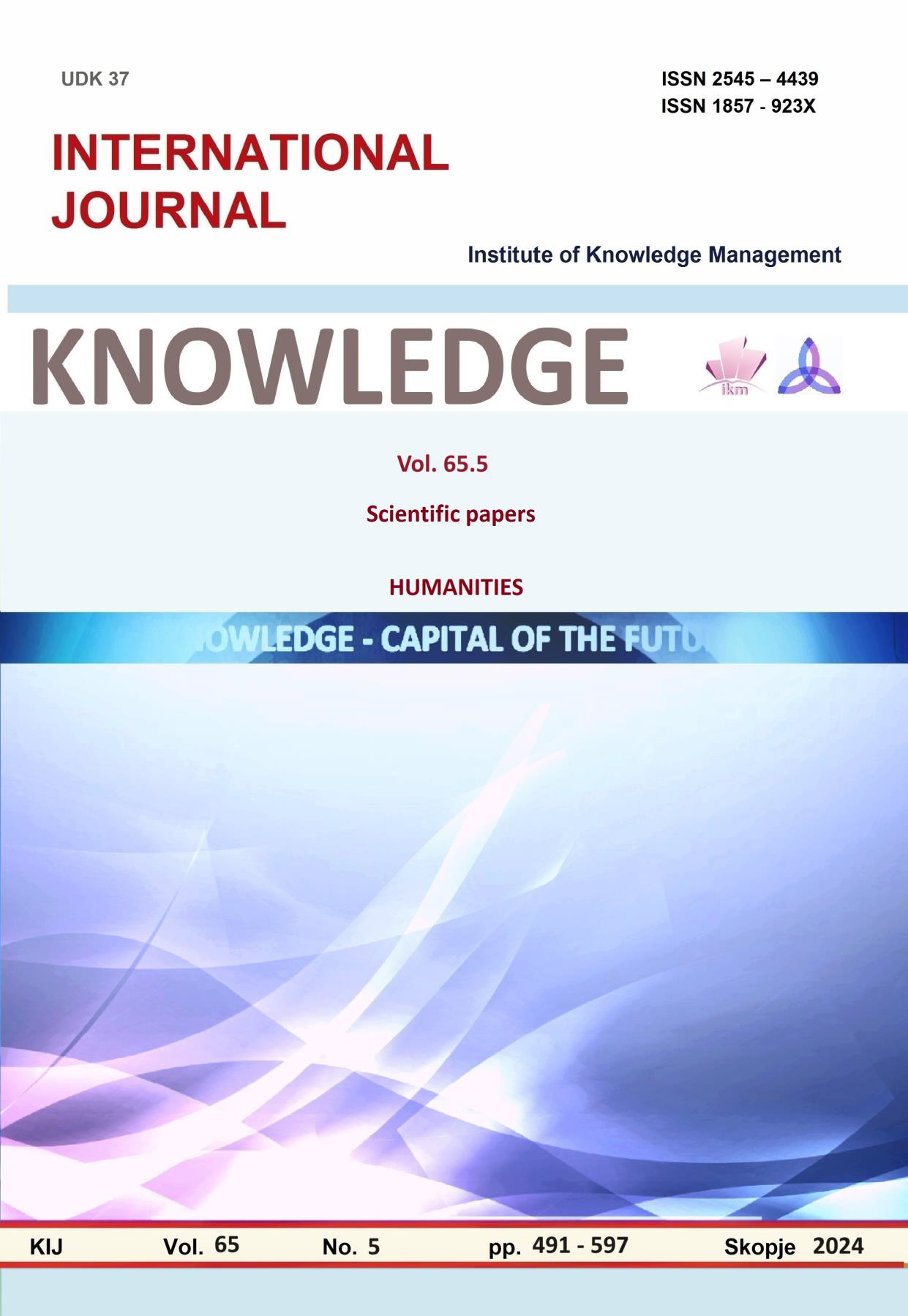FROM SELF-REPRESENTATION TO SELF-TRANSFORMATION – SUBJECTIVITY AND AUTHORSHIP
FROM SELF-REPRESENTATION TO SELF-TRANSFORMATION – SUBJECTIVITY AND AUTHORSHIP
Author(s): Iskra Tasevska Hadji BoshkovaSubject(s): Language and Literature Studies, Philology, Sociology of Literature
Published by: Scientific Institute of Management and Knowledge
Keywords: subjectivity;authorship;cultural identity;Erol Tufan;Luan Starova;multilingual writing
Summary/Abstract: The proposed paper aims to question the established concepts regarding writing and authorship, and to examine the possibilities of defining authorship as a phenomenon in literature and culture overall. We strive to explore bilingual writers not only from the perspective of the applied idioms but also regarding the creation of the writer’s selfhood in his work. Our analysis is focused on two Macedonian authors who share diverse cultural backgrounds – Erol Tufan and Luan Starova, whose works reexamine the notions of cultural context and identity, prone to transformation. The discussion about the postmodern decline of the Cartesian subject, on a discursive level, presupposes a need for a more in-depth analysis of how the subject/self is constructed in language. Rosi Braidotti claims that modernity is in fact a reassessment of “the universal subject of knowledge”, in terms of the possibility of its determination on a biological and historical level. If the self is taken into consideration as a particular individual in the historical and cultural process, this implication proves the fragility of this concept (as Irigaray implies). Regarding the strategies of what is called “politics of subjectivity”, we are striving to demonstrate how adopting a more nomadic point of view, in fact, helps to determine the subject more appropriately. The French term “assujettissement” demonstrates how subjectification is a material and a semiotic process that defines the subject through a number of variables. In that sense, the subject is understood more in the complex relationship with the strategies of signification – it undermines the process by which one side is determining and the other is merely adapting to what is stated as truth or fact. By taking into account the nomadic state of being, one can discern that it is the “set of conventions'' and cultural norms that are re-examined, not in a sense of an actual spatial and/or temporal change (a state of being ungrounded by the constant change of habitat and context), but in terms of questioning the modes of thought and behavior. This approach also involves an analysis of nomadism as a language phenomenon and a strategy that does not imply a strict cultural perspective. The author's identity is taken as a whole that consists of different parts, and in that sense Erol Tufan underlines the idea of multilayered consciousness, which does not discriminate any aspect of the experience it is involved in. Luan Starova, on the other hand, affirms Balkan exile as a point of no return, thus creating a vision of a neighboring, but hostile and unfriendly culture. By representing his own return from the European culture of his further education, he envisions a circular movement that provides the closure of conflicting viewpoints and desires. If willingness to transgress borders is the differentia specifica of Starova’s standpoint, in Erol Tufan’s poetry it is the affirmation of the multifaceted subject, which does not transform into hybrid being but resolves in the affirmation of different cultural backgrounds that prove their influence to the creation of the artistic identity.
Journal: Knowledge - International Journal
- Issue Year: 65/2024
- Issue No: 5
- Page Range: 517-522
- Page Count: 6
- Language: English

